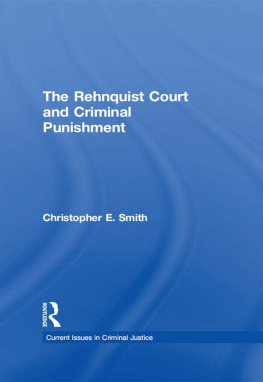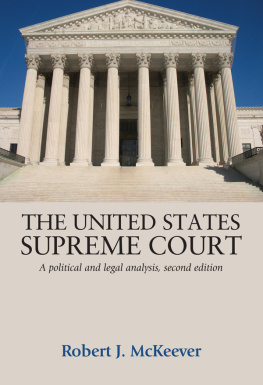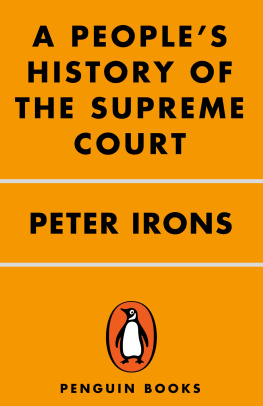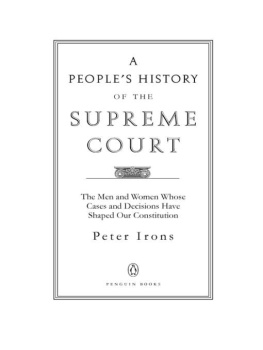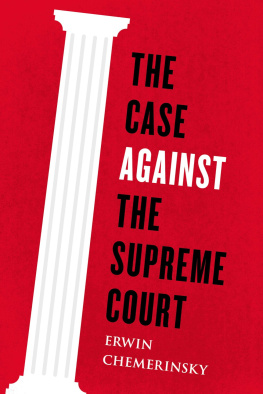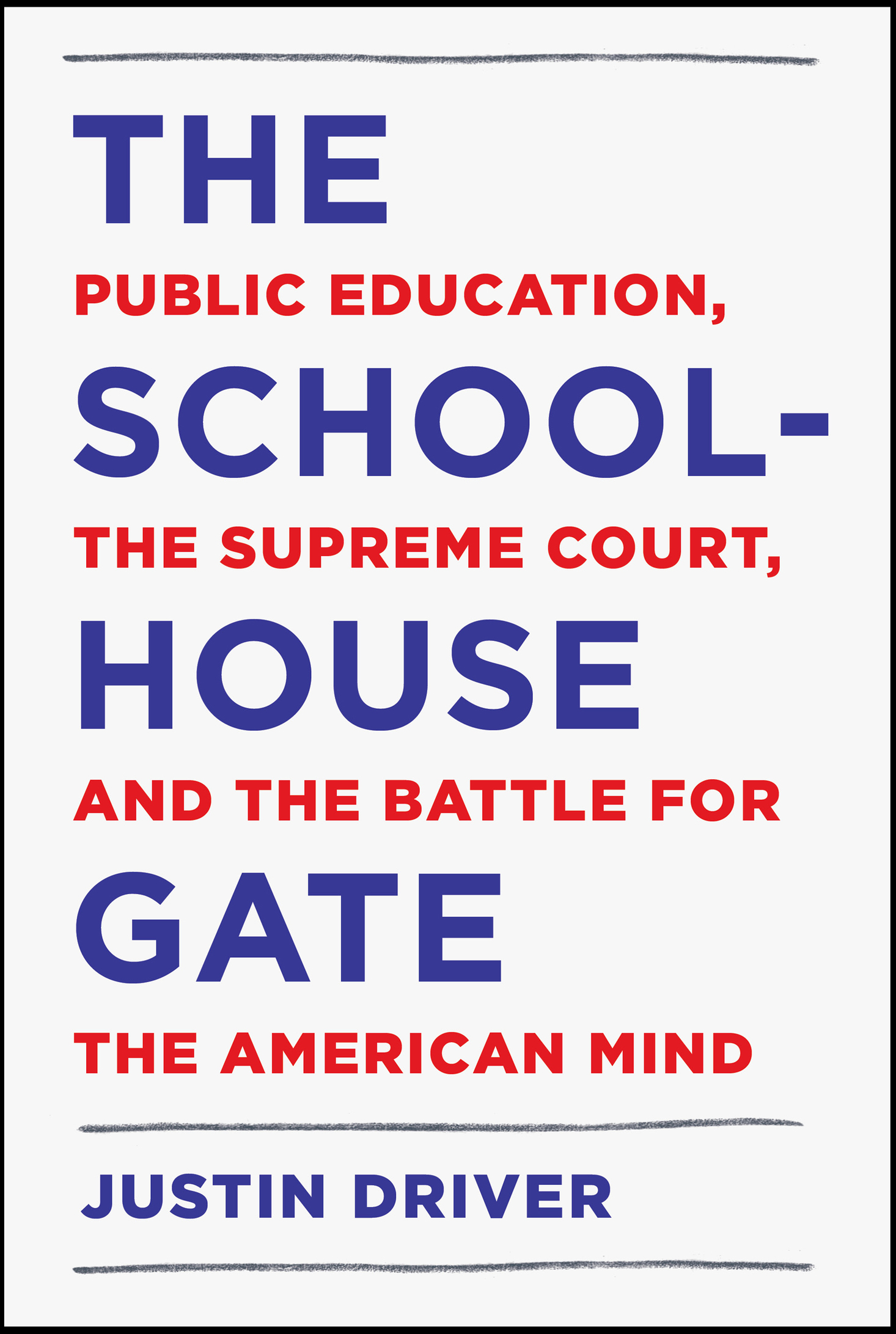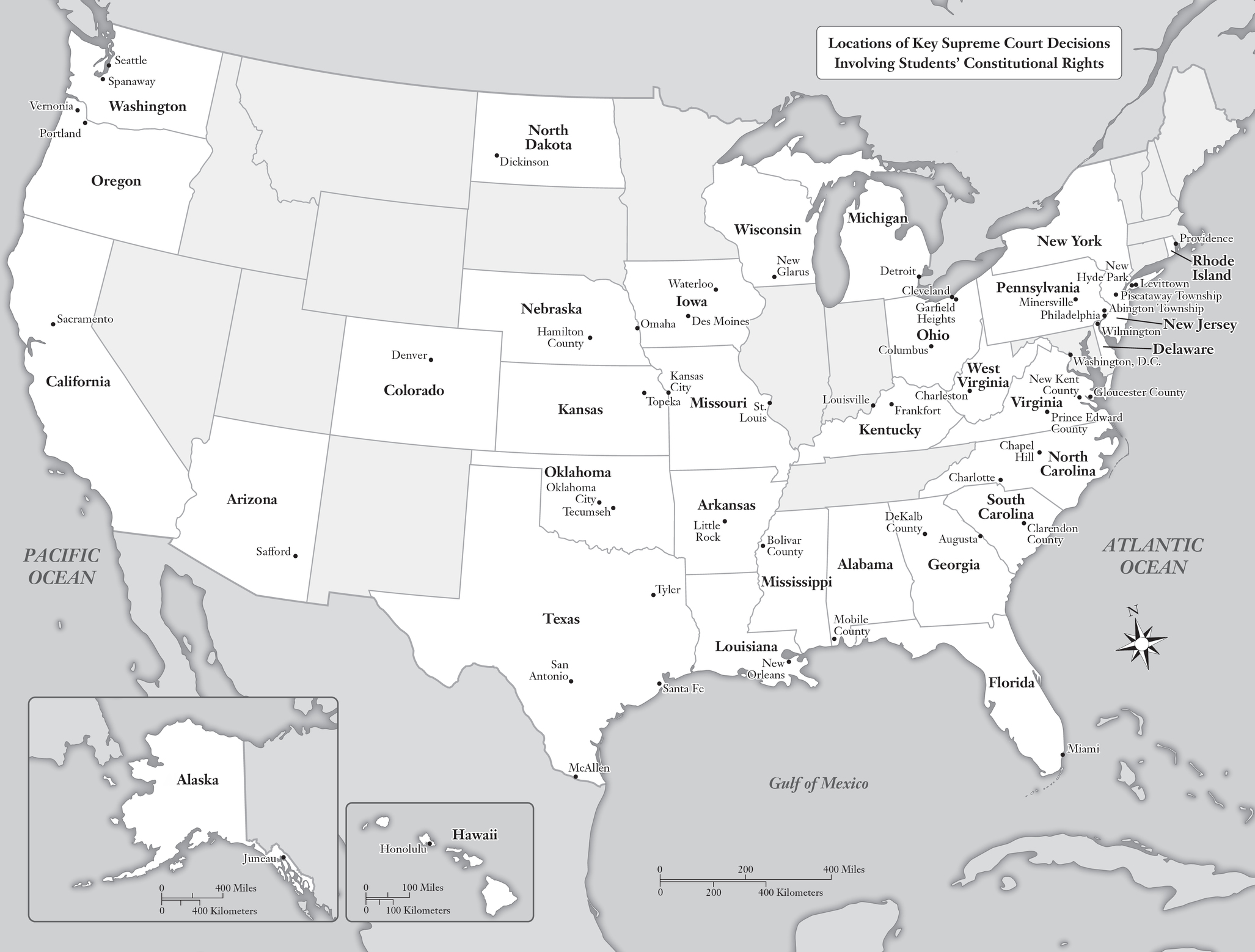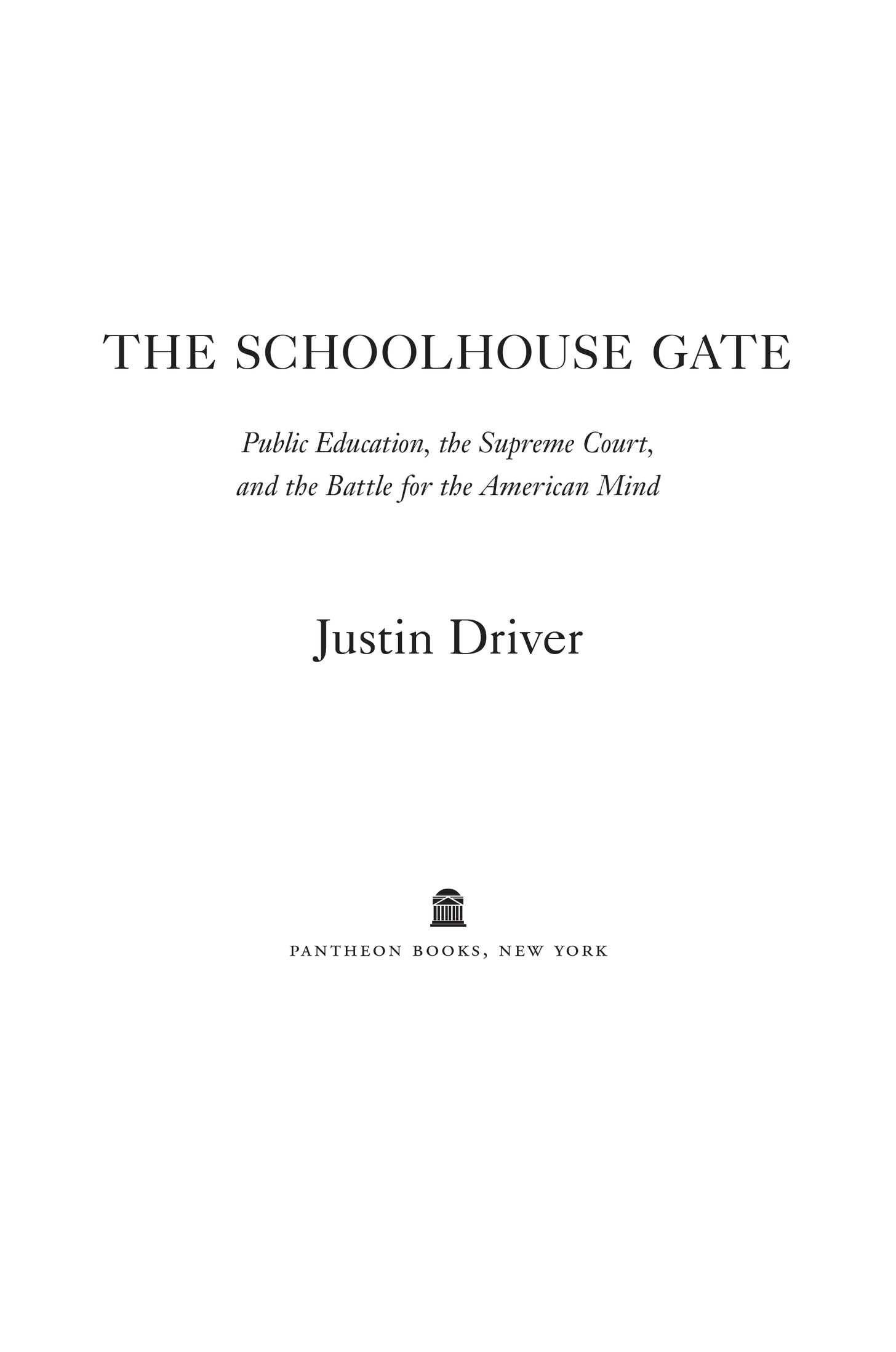Justin Driver - The Schoolhouse Gate: Public Education, the Supreme Court, and the Battle for the American Mind
Here you can read online Justin Driver - The Schoolhouse Gate: Public Education, the Supreme Court, and the Battle for the American Mind full text of the book (entire story) in english for free. Download pdf and epub, get meaning, cover and reviews about this ebook. year: 2018, publisher: Pantheon Books, genre: Politics. Description of the work, (preface) as well as reviews are available. Best literature library LitArk.com created for fans of good reading and offers a wide selection of genres:
Romance novel
Science fiction
Adventure
Detective
Science
History
Home and family
Prose
Art
Politics
Computer
Non-fiction
Religion
Business
Children
Humor
Choose a favorite category and find really read worthwhile books. Enjoy immersion in the world of imagination, feel the emotions of the characters or learn something new for yourself, make an fascinating discovery.

- Book:The Schoolhouse Gate: Public Education, the Supreme Court, and the Battle for the American Mind
- Author:
- Publisher:Pantheon Books
- Genre:
- Year:2018
- Rating:3 / 5
- Favourites:Add to favourites
- Your mark:
The Schoolhouse Gate: Public Education, the Supreme Court, and the Battle for the American Mind: summary, description and annotation
We offer to read an annotation, description, summary or preface (depends on what the author of the book "The Schoolhouse Gate: Public Education, the Supreme Court, and the Battle for the American Mind" wrote himself). If you haven't found the necessary information about the book — write in the comments, we will try to find it.
Judicial decisions assessing the constitutional rights of students in the nations public schools have consistently generated bitter controversy. From racial segregation to unauthorized immigration, from antiwar protests to compulsory flag salutes, from economic inequality to teacher-led prayer: these are but a few of the cultural anxieties dividing American society that the Supreme Court has addressed in elementary and secondary schools.The Schoolhouse Gategives a fresh, lucid, and provocative account of the historic legal battles waged over education and illuminates contemporary disputes that continue to fracture the nation.
Justin Driver maintains that since the 1970s the Supreme Court has regularly abdicated its responsibility for protecting students constitutional rights and risked transforming public schools into Constitution-free zones. Students deriving lessons about citizenship from the Courts decisions in recent decades would conclude that the following actions taken by educators pass constitutional muster: inflicting severe corporal punishment on students without any procedural protections; searching students and their possessions without probable cause in bids to uncover violations of school rules; random drug testing of students who are not suspected of wrongdoing; and suppressing student speech for the viewpoint it espouses. Taking their cue from such decisions, lower courts have upheld a wide array of dubious school actions, including degrading strip searches; repressive dress codes; draconian zero tolerance disciplinary policies; and severe restrictions on off-campus speech.
Driver surveys this legal landscape with eloquence, highlights the gripping personal narratives behind landmark clashes, and warns that the repeated failure to honor students rights threatens ourbasic constitutional order. This magisterial book will make it impossible to view American schools--or America itself--in the same way again.
Justin Driver: author's other books
Who wrote The Schoolhouse Gate: Public Education, the Supreme Court, and the Battle for the American Mind? Find out the surname, the name of the author of the book and a list of all author's works by series.

